As the world moves toward greener initiatives, construction companies are embracing sustainability like never before. The construction sector has traditionally been resource-intensive, with significant environmental impacts. However, increasing demands for energy efficiency, reduced waste, and carbon neutrality are reshaping the industry, pushing companies to adopt technologies and methods that align with long-term sustainability goals. Firms like Skanska and Laing O’Rourke are leading the way with innovative techniques and eco-conscious practices that set a benchmark for the industry.
The rise of green building
The construction industry has long been criticized for wasteful practices and high carbon emissions, but things are taking a turn. More companies are now integrating renewable energy, energy-efficient designs, and green materials. Governments and private organizations are setting stricter standards, promoting the adoption of low-carbon building techniques and advanced waste management systems. Technology like Building Information Modeling (BIM) and 3D printing enables companies to optimize resources and reduce waste. As a result, sustainability is becoming a central focus for large-scale projects and smaller developments. This shift meets global environmental goals and addresses consumer demand for greener infrastructure.
Top 10 global companies in sustainable construction
10. Laing O’Rourke
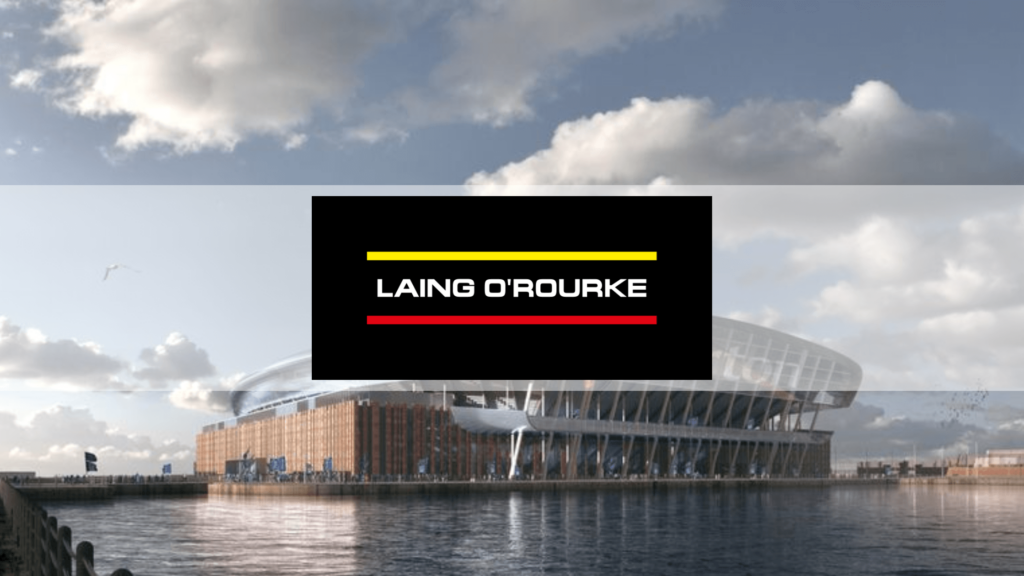
Market cap/revenue: £2.5 billion (2023)
Employees: 12,000+
CEO: Ray O’Rourke
Founded: 1978
Laing O’Rourke prioritizes sustainability through energy-efficient designs and reducing carbon emissions across its projects. The company focuses on modular construction techniques, which minimize material waste and accelerate project timelines. It also emphasizes digital tracking systems to measure and lower emissions on-site. Projects like the Thames Tideway Tunnel highlight its commitment to protecting natural ecosystems while delivering impactful engineering solutions. Through innovative approaches and a focus on sustainability, Laing O’Rourke is setting new standards for construction practices.
9. Skanska
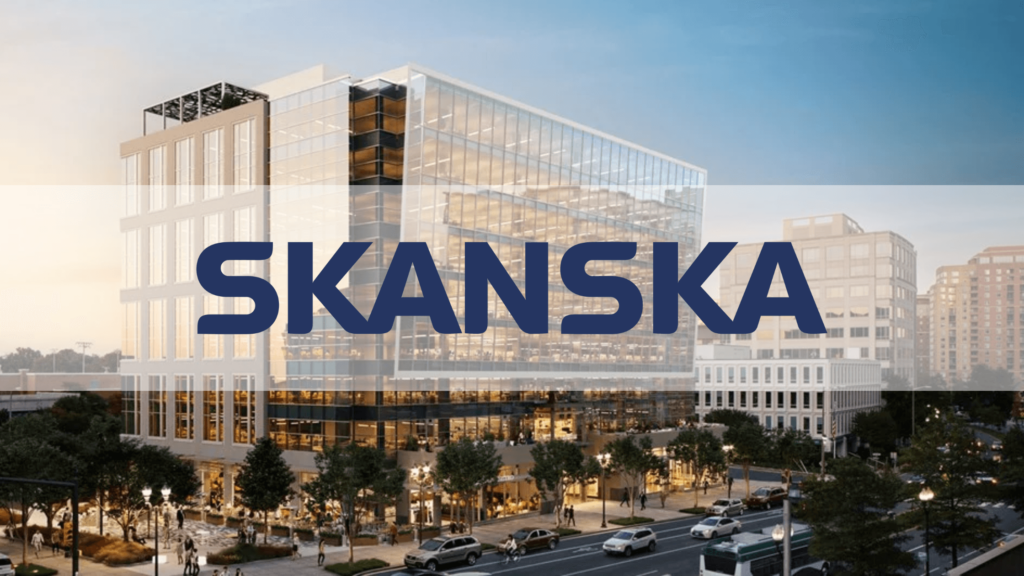
Market cap/revenue: SEK 170 billion (2023)
Employees: 30,000+
CEO: Anders Danielsson
Founded: 1887
Skanska is a global leader in sustainable construction, leveraging renewable energy and cutting-edge design to reduce environmental impacts. The company’s projects frequently achieve LEED certification, highlighting their adherence to stringent environmental standards. Notable initiatives include the development of net-zero energy buildings and advancements in eco-friendly materials. This dedication extends to its supply chain, ensuring all partnerships align with environmental objectives.
8. Turner Construction

Market cap/revenue: $15 billion (2023)
Employees: 10,000+
CEO: Peter J. Davoren
Founded: 1902
Turner Construction excels in green building projects, helping to shape cities with minimal environmental impact. Its expertise spans energy-efficient HVAC systems, solar-powered designs, and extensive use of recycled materials. Turner has contributed to major developments like the Levi’s Stadium, a sustainable sporting venue that meets rigorous environmental standards. The company also prioritizes collaboration with architects and engineers to innovate in energy-saving technologies. Turner’s approach ensures its projects benefit the environment and the communities they serve.
7. Bouygues Construction
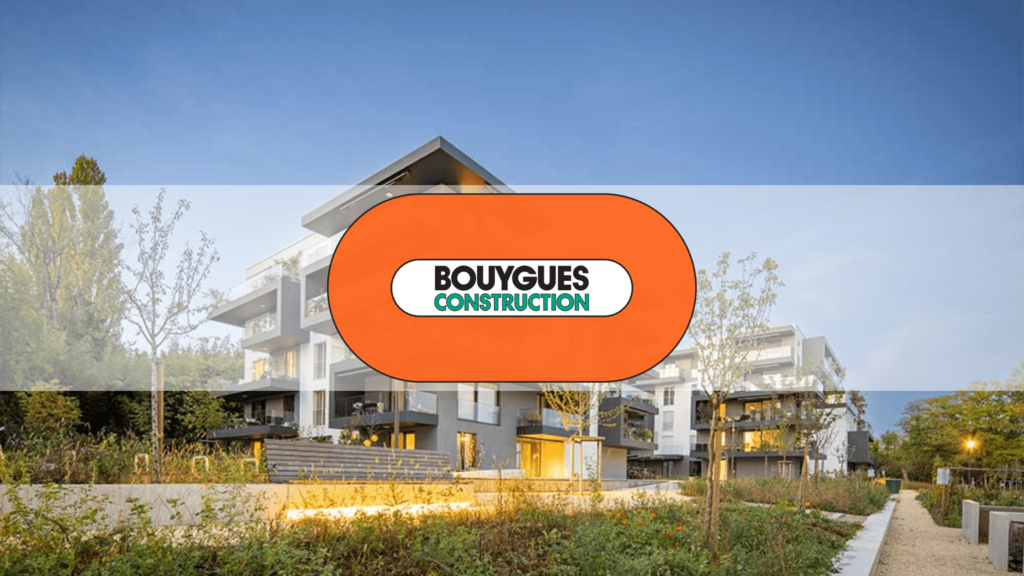
Market cap/revenue: €13 billion (2023)
Employees: 58,000+
CEO: Olivier Roussat
Founded: 1952
Bouygues Construction leads in sustainable infrastructure development, with projects focusing on renewable energy and reduced material waste. The company pioneered smart building systems integrating renewable energy sources and intelligent energy management. Its efforts to reduce the carbon footprint of large-scale developments are setting benchmarks for the global construction sector. Bouygues also invests in training programs to equip employees with green building expertise.
6. Strabag
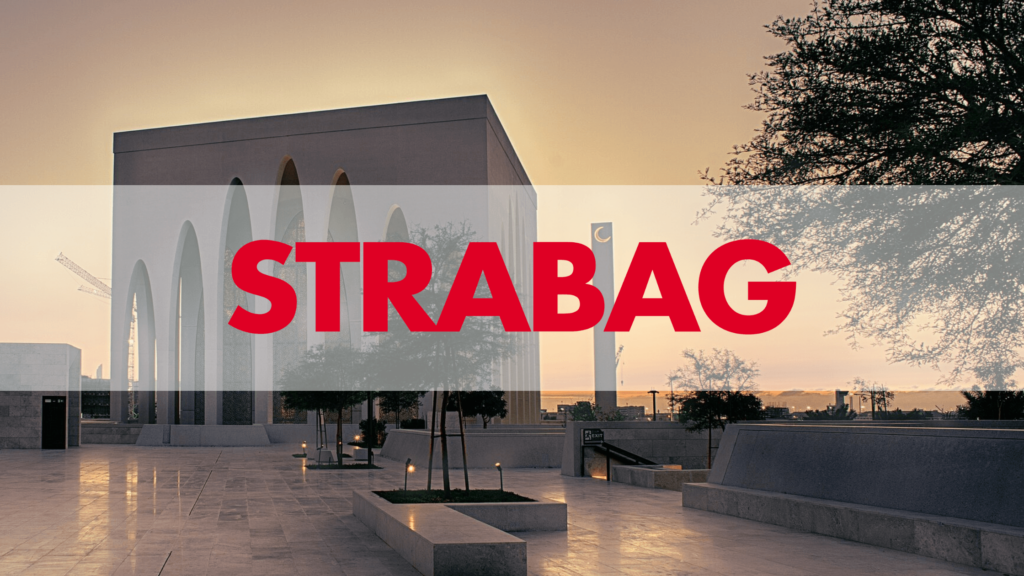
Market cap/revenue: €16 billion (2023)
Employees: 75,000+
CEO: Thomas Birtel
Founded: 1835
Strabag’s commitment to sustainability is evident in its renewable energy projects and low-carbon construction methods. It actively invests in research to develop innovative solutions for reducing emissions across its supply chain. The company’s participation in Europe’s largest onshore wind farm project in Austria exemplifies its leadership in sustainable infrastructure. Strabag also works on eco-friendly urban developments, ensuring long-term benefits for communities. The company is paving the way for future-focused construction by embracing green technologies.
5. Acciona
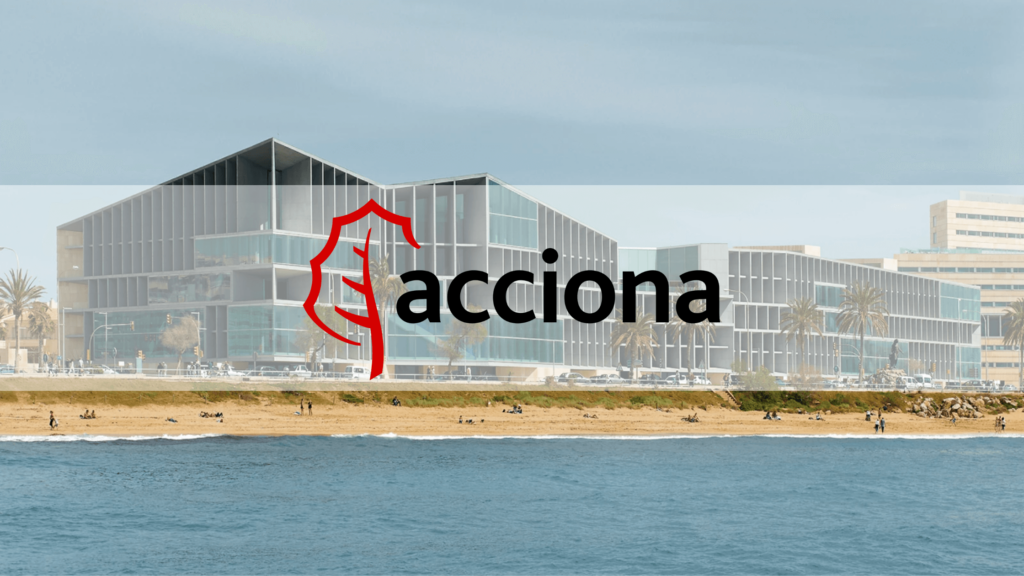
Market cap/revenue: €7 billion (2023)
Employees: 38,000+
CEO: José Manuel Entrecanales
Founded: 1931
Acciona is renowned for its renewable energy and green construction practices. The company is responsible for large-scale projects, including solar power plants and sustainable water treatment facilities. Its buildings integrate geothermal and solar energy systems, making them highly energy-efficient. One of Acciona’s signature projects, the Palma Convention Center, combines eco-conscious design with functional architecture. Acciona also actively reduces water usage across its developments, cementing its position as a pioneer in sustainable construction.
4. WSP Global
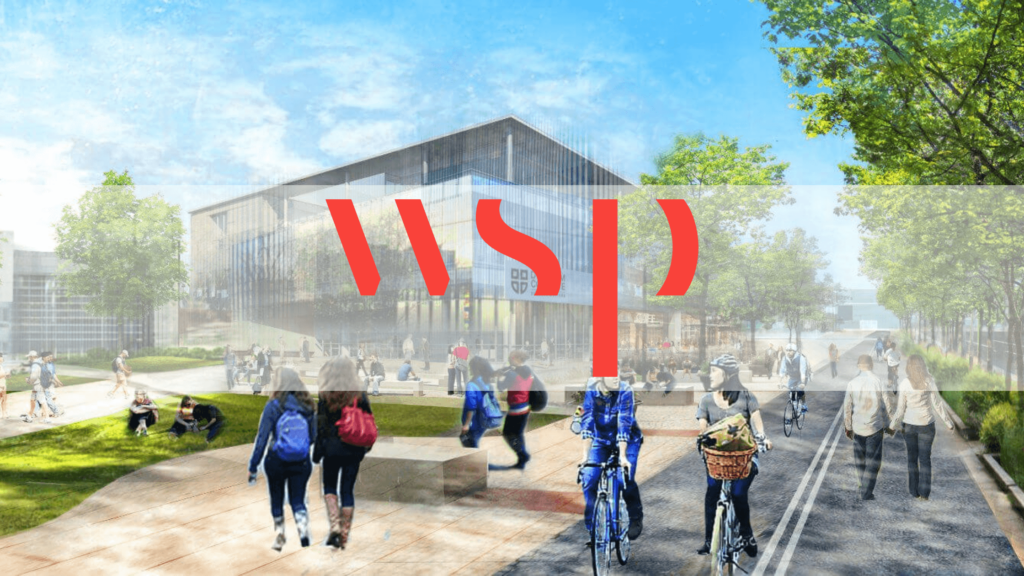
Market cap/revenue: CAD 10 billion (2023)
Employees: 65,000+
CEO: Alexandre L’Heureux
Founded: 1959
WSP Global emphasizes sustainability in its engineering and design services. The company collaborates on projects ranging from renewable energy systems to environmentally friendly urban infrastructure. Its work includes net-zero buildings and green urban developments that prioritize long-term efficiency. WSP’s innovative designs ensure minimal environmental disruption while meeting modern architectural needs. By integrating renewable resources into its plans, WSP creates infrastructure that benefits urban growth and natural habitats.
3. Balfour Beatty
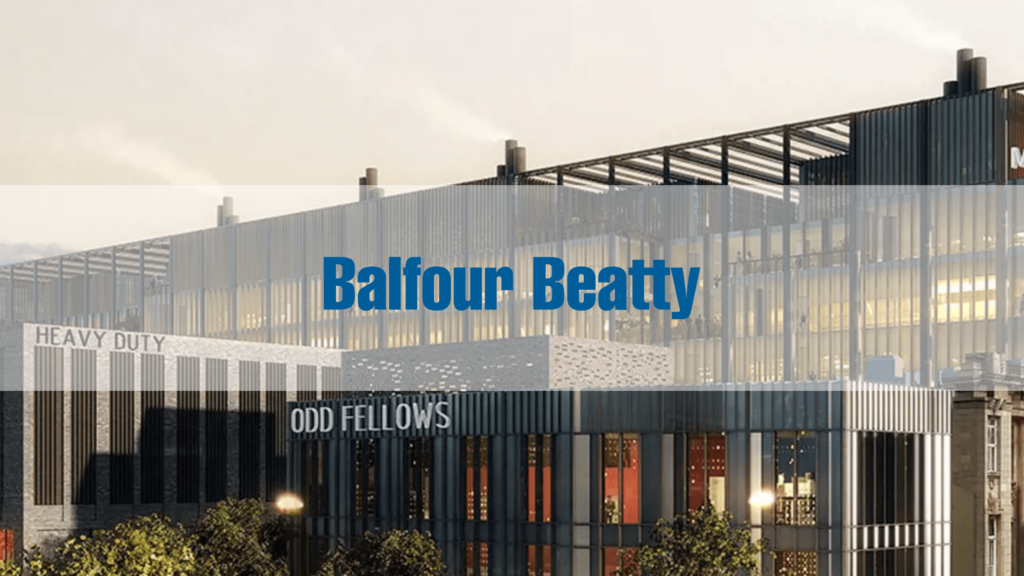
Market cap/revenue: £8 billion (2023)
Employees: 25,000+
CEO: Leo Quinn
Founded: 1909
Balfour Beatty excels in creating eco-friendly infrastructure like rail systems, commercial buildings, and renewable energy facilities. The company focuses on reducing its carbon footprint through energy-efficient designs and waste management systems. Its use of alternative materials and renewable energy has made significant strides toward greener construction. Balfour Beatty also emphasizes stakeholder engagement to align its goals with community sustainability efforts.
2. Foster + Partners
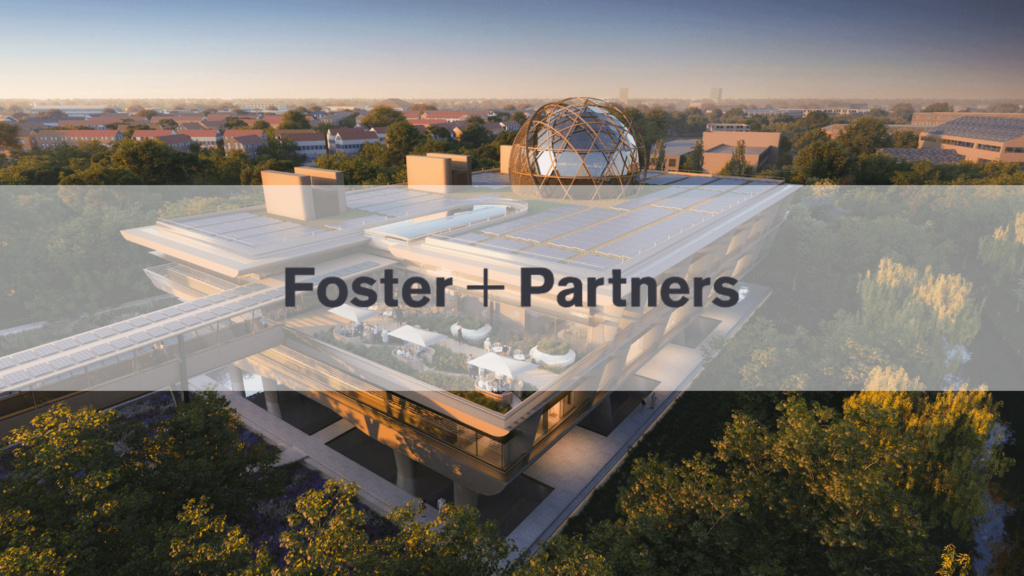
Market cap/revenue: N/A (privately held)
Employees: 1,500+
CEO: Norman Foster
Founded: 1967
Foster + Partners is an architectural firm known for its groundbreaking designs emphasizing sustainability. The firm integrates green materials, renewable energy, and efficient waste management into its buildings. Their projects, such as the Apple Park campus and the Bloomberg London headquarters, are celebrated for reducing carbon footprints while maintaining cutting-edge functionality. Foster + Partners continues to inspire the industry by demonstrating how thoughtful design can merge with environmental stewardship, setting a benchmark for innovation in sustainable architecture worldwide.
1. Mighty Buildings
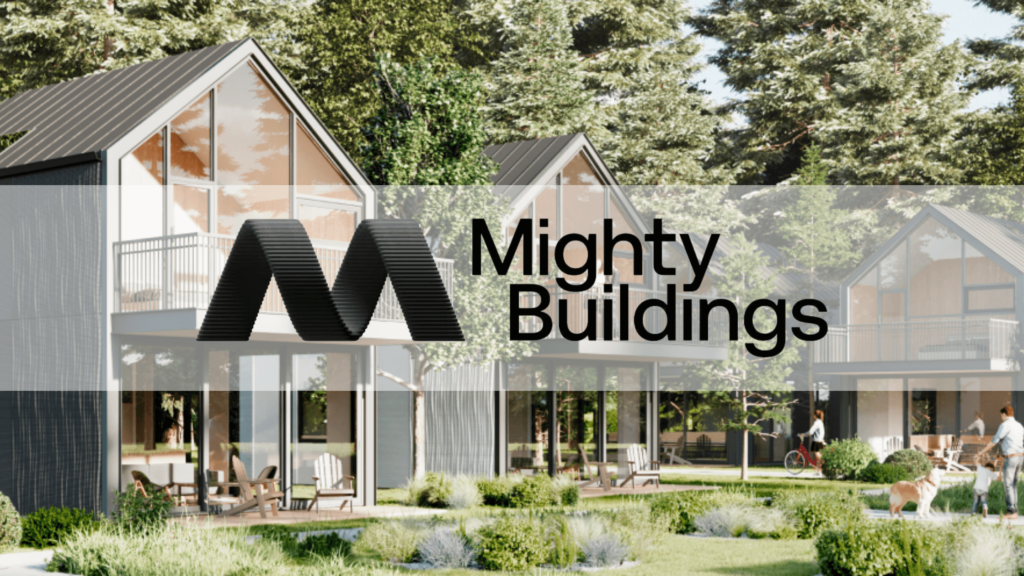
Market cap/revenue: N/A (privately held)
Employees: 100+
CEO: Slava Solonitsyn
Founded: 2017
Mighty Buildings is at the forefront of sustainable construction with its 3D-printed, energy-efficient homes. The company uses innovative materials and automation to reduce waste and accelerate build times. Its modular homes offer cost-effective solutions without compromising environmental standards. Mighty Buildings’ projects focus on achieving net-zero energy consumption while providing stylish and durable housing. This company redefines the potential for sustainable housing worldwide.

Bottom line
These companies demonstrate how the construction industry is advancing toward greener and more resource-efficient practices. From cutting-edge architectural designs to innovative construction methods, they set new benchmarks for sustainable construction. Their efforts reduce environmental impact and inspire others in the industry to follow suit.
Staying informed about these trends is crucial for understanding where construction is headed. Be sure to subscribe to our newsletter at Under the Hard Hat for updates on the latest sustainable construction developments and insights into the industry’s future.



4 comments
Петр
When I look at the list of global leaders in sustainable construction, I am glad to see the industry moving toward eco-friendliness and innovation. However, it is important to understand that the future of sustainable construction is shaped not only by giants with billion-dollar budgets, but also by mid-sized companies that work closer to people, their daily needs, and local resources.
KOLEO was born in the Carpathians, where wood is not just a building material but a part of the cultural code. We build homes that breathe, retain warmth in winter and coolness in summer, while placing minimal strain on nature. Our approach is a blend of tradition and advanced technologies: from glulam and profiled timber to CLT panels and energy-efficient solutions.
For me, sustainable construction is not a trend, but a responsibility. A responsibility to the people who will live in these homes, and to nature, which provides us with the material. KOLEO is already implementing projects in Ukraine and beyond, and we are confident that our experience can become part of the global movement for ecological architecture.
The world does not only need ‘green skyscrapers’ but also accessible, high-quality, eco-friendly housing for families. This is where, I believe, companies like KOLEO make their contribution to the real future of sustainable construction.